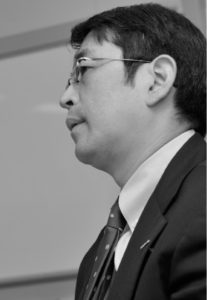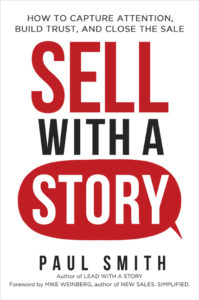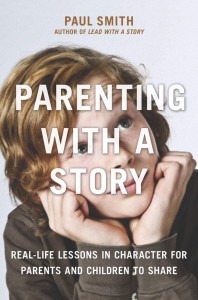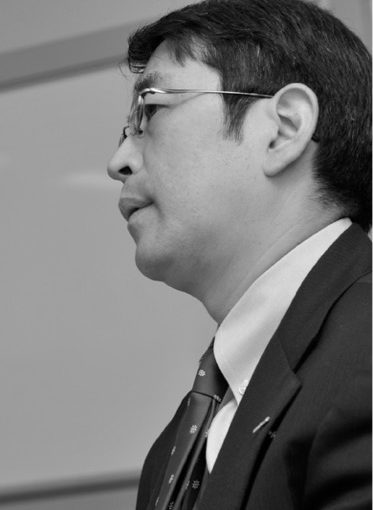Podcast: Play in new window | Download | Embed
Subscribe: RSS
Podcast (parenting-with-a-story-podcast-series): Play in new window | Download | Embed
Subscribe: RSS
 The kind of goals people deem worthy can vary over time and across cultures. In the U.S., for example, we often tell our kids to set lofty goals. If we fail, so what. At least we tried. In Asia, on the other hand, setting an aspirational goal and falling short might not be what most parents would wish for their kids. In fact, there’s an ancient Chinese saying that it’s “better to be the head of a dog than the tail of a lion.” Let’s look at how that value might play out in someone’s life.
The kind of goals people deem worthy can vary over time and across cultures. In the U.S., for example, we often tell our kids to set lofty goals. If we fail, so what. At least we tried. In Asia, on the other hand, setting an aspirational goal and falling short might not be what most parents would wish for their kids. In fact, there’s an ancient Chinese saying that it’s “better to be the head of a dog than the tail of a lion.” Let’s look at how that value might play out in someone’s life.
Junichi Endo grew up in Saitama City, Japan, about twenty miles north of Tokyo. Like every other student, when he entered O’Hara Junior High School he was encouraged to join one of the extracurricular clubs on campus. Junichi loved baseball in elementary school, so that’s what he signed up for. It’s important to understand that in Japan at the time, baseball was the most popular sport among boys his age. So it attracted the best athletes in the school.
The good news was that thirty boys were allowed to join the team, including Junichi. But since only nine can play at any given time, earning a starting position would be difficult. The other thing he discovered was that the first-year players had to collect the senior players’ balls and equipment after practice—something of an initiation ritual.
By the middle of his first season, Junichi had racked up lots of time running drills and picking up after the other players. But he hadn’t seen any actual playing time. That honor went to boys who were bigger and could hit and throw the ball farther. That left Junichi in a quandary. He loved baseball, but he didn’t relish the idea of two more years of sitting on the bench. He was also painfully conscious that in Japan it was considered shameful to quit anything in the middle once you’d decided to do it. He talked to his coach and one of his teachers about his dilemma, and both encouraged him to stay on the team. Despite that guidance, Junichi decided to quit baseball and join the tennis team.
Because tennis was not as popular as baseball, the tennis team only had about ten players. And relative to the baseball team, as Junichi described it, “its performance was quite weak.” But since tennis required more technique and skill than it did power, it suited him better, and his skill grew quickly. His second year he was even elected captain of the team. In that position, he was able to influence the practice routine and tournament schedule. He made adjustments to the training schedule to make the team stronger and added several practice tournaments.
By his third year, his team advanced all the way to the final round in the city tournament and won second place. That meant that for the first time in the school’s history, the tennis team had earned a berth in the district-wide tournament. As for the baseball team that year, in their city tournament “they lost in the first round.”
For Junichi, his time on the tennis team was the greatest experience of leadership he’d had at that point in his life. And it was one he would have almost certainly not had if he’d stayed on the baseball team. That leadership lesson was to become one of many that stayed with Junichi in the decades since and helped lead to many successes. In 2005 he became the youngest senior vice president in the history of Nissan Motors. And now he is the president and CEO of NMKV, a joint venture between Nissan and Mitsubishi, two of the largest and most prestigious Japanese firms today.
It turned out that spending time as the head of a dog in junior high school tennis helped Junichi today become the CEO of a lion.
As with all these stories, I encourage you to share this with your kids, and then have a discussion about it. Here are some questions to get you started:
- Do you agree or disagree with the advice that it’s better to be the head of a dog than the tail of a lion? Why or why not?
- Would you rather be the best player on the worst team in your soccer league or the worst player on the team that wins first place?
- Do you think Junici did the right thing by switching from baseball to tennis?
- What opportunities do you have to be the head of a dog right now in your life?
- What opportunities do you have to be the tail of a lion?
 Well, we’re trying something we’ve not tried before. My partners and I usually only teach executive training courses to clients in private sessions at their offices. But on November 10th and 11th, we’re going to try our first-ever seminar that’s open to the public. We’ve taken our 13 most popular full-day training sessions and culled them down to an hour each, and we’ll be presenting those back to back over the course of a two-day seminar at the Waldorf Astoria in New York.
Well, we’re trying something we’ve not tried before. My partners and I usually only teach executive training courses to clients in private sessions at their offices. But on November 10th and 11th, we’re going to try our first-ever seminar that’s open to the public. We’ve taken our 13 most popular full-day training sessions and culled them down to an hour each, and we’ll be presenting those back to back over the course of a two-day seminar at the Waldorf Astoria in New York.
Some of the courses include: leadership, strategy, decision-making, negotiating, problem-solving, time management, communications, and storytelling. The presenters are all current and former executives and published experts on these topics. If you want to learn more, go to www.executiveinsight16.com/register/ps and you can see an outline of all the courses and bios on the authors and presenters. I hope to see some of you there!
[You can find this and over 100 other character-building stories in my book, Parenting with a Story.]
—
 Paul Smith is one of the world’s leading experts on business storytelling. He’s a keynote speaker, storytelling coach, and bestselling author of the books Lead with a Story, Parenting with a Story, and Sell with a Story.
Paul Smith is one of the world’s leading experts on business storytelling. He’s a keynote speaker, storytelling coach, and bestselling author of the books Lead with a Story, Parenting with a Story, and Sell with a Story.


 Connect with him via email here.
Connect with him via email here.
Follow him on Facebook, LinkedIn, Twitter, and Instagram.
Sign up for his newsletter here to get one new story a week delivered to your inbox.

